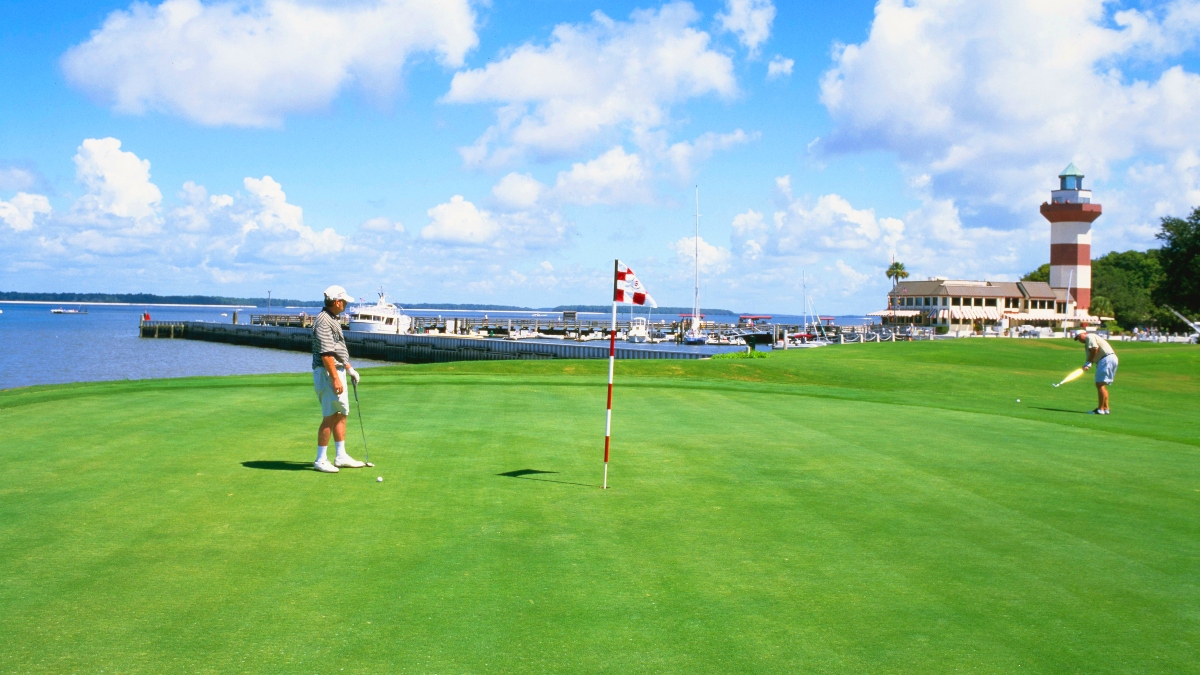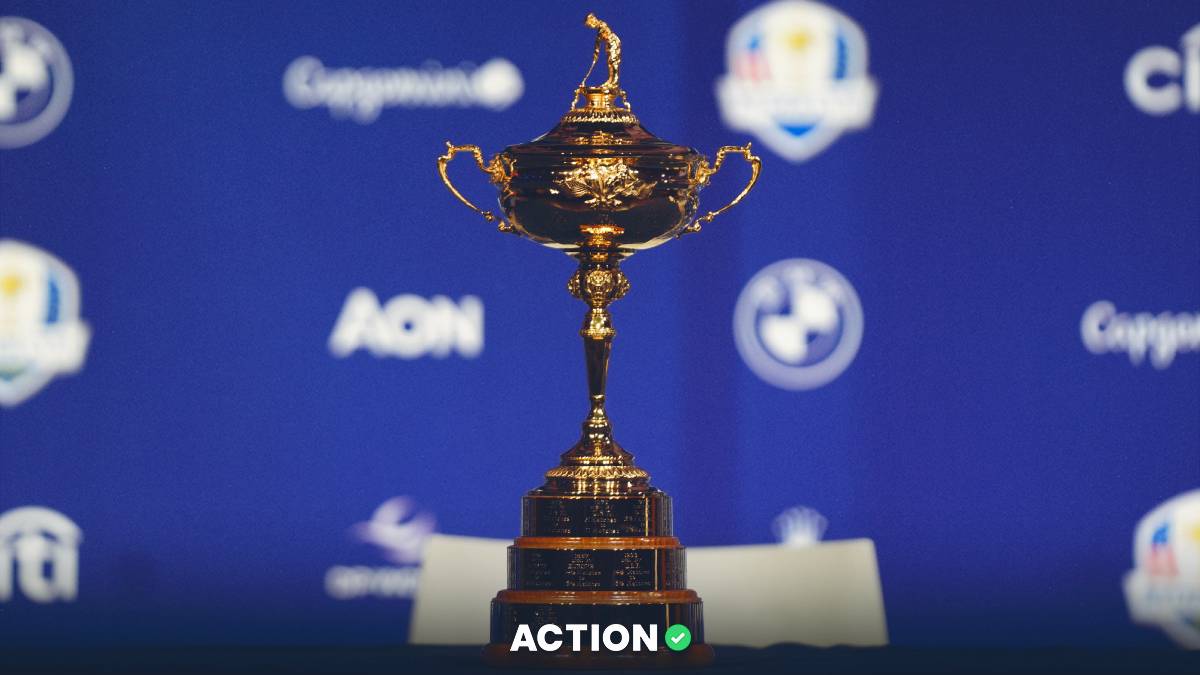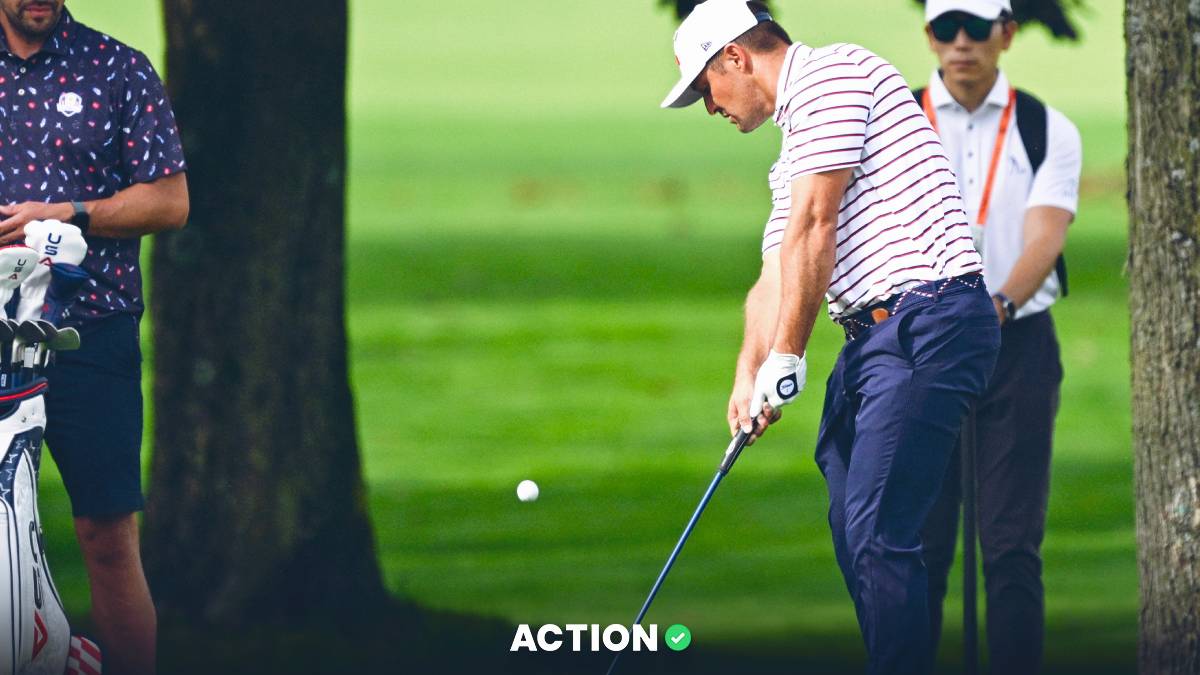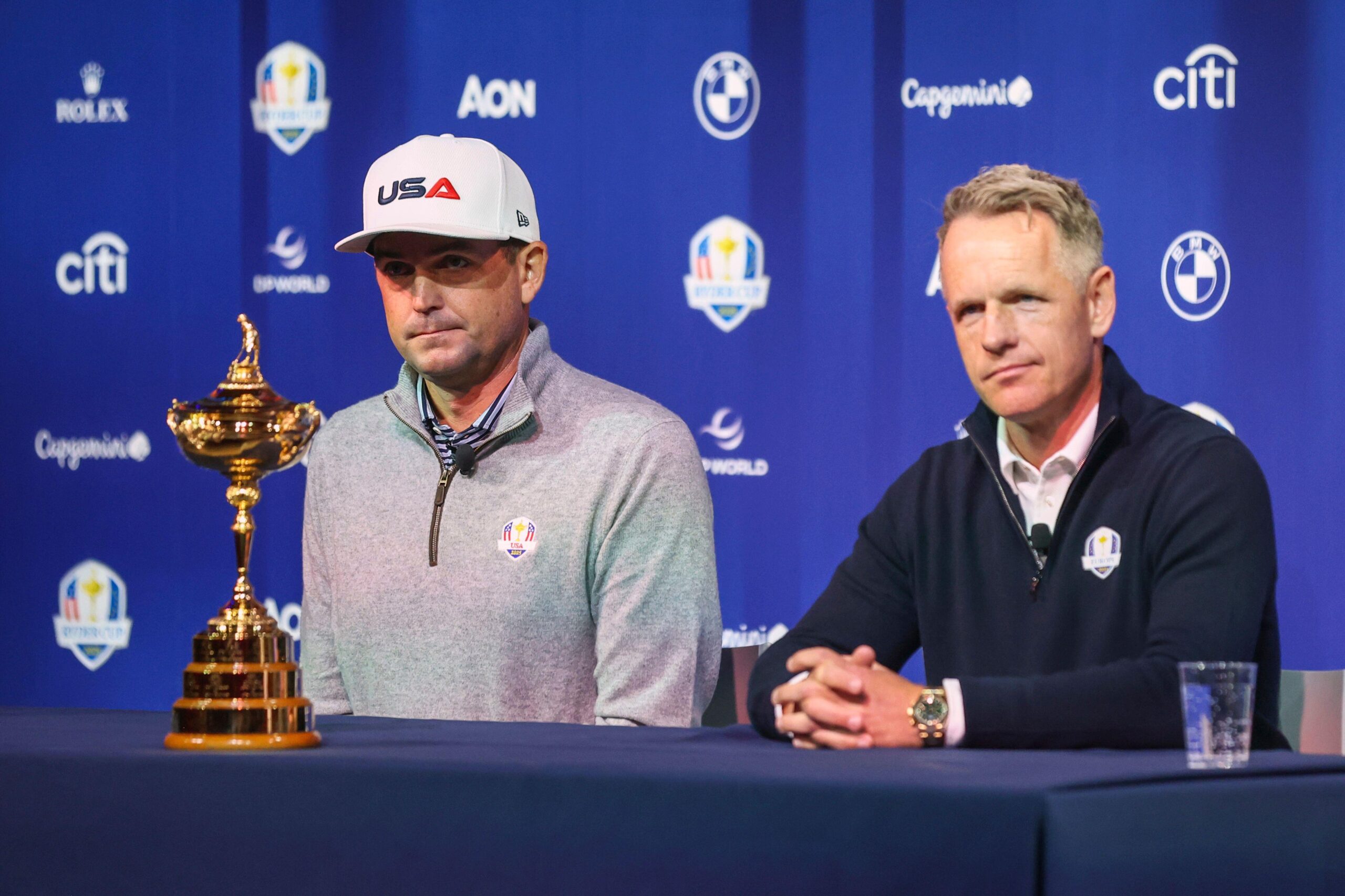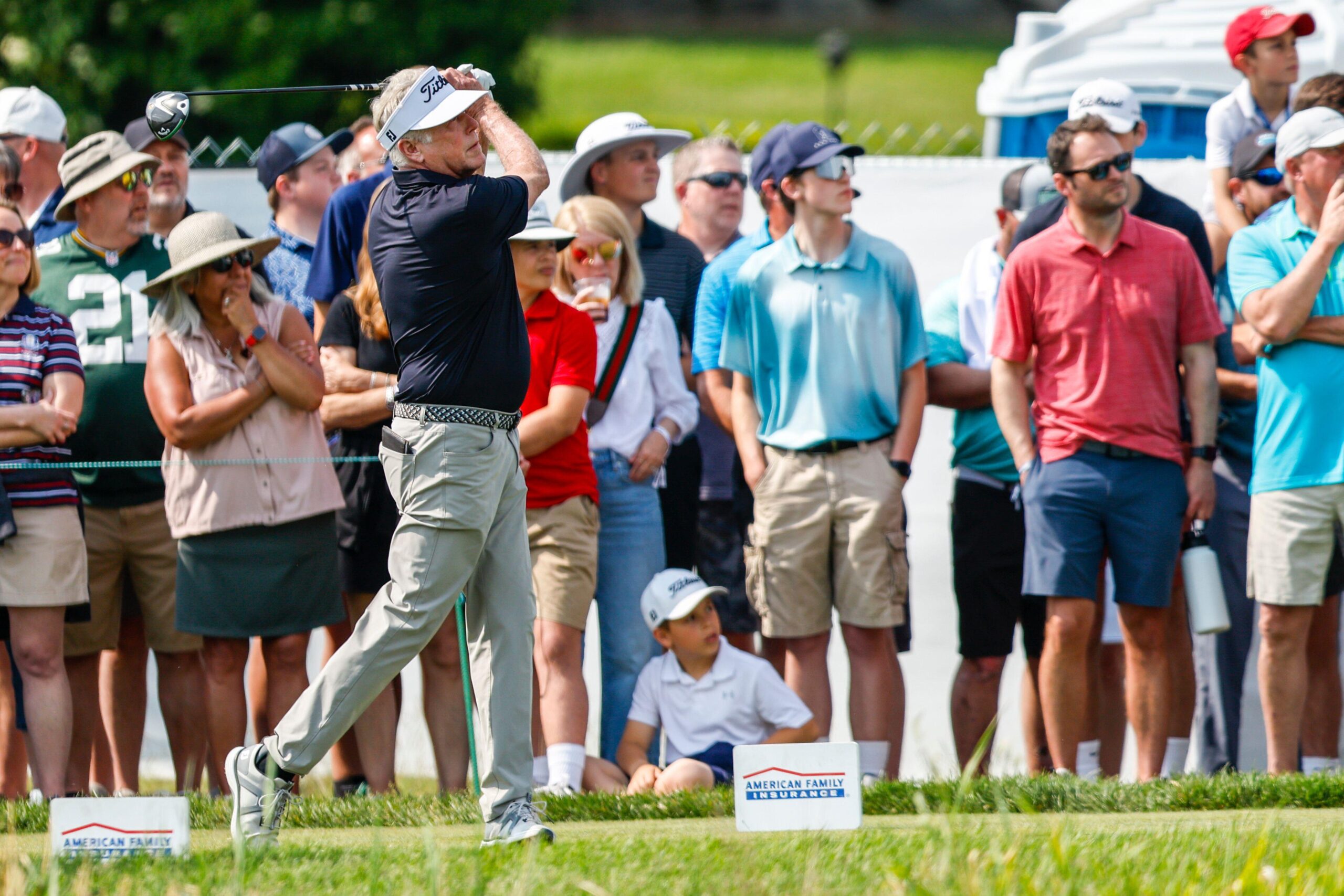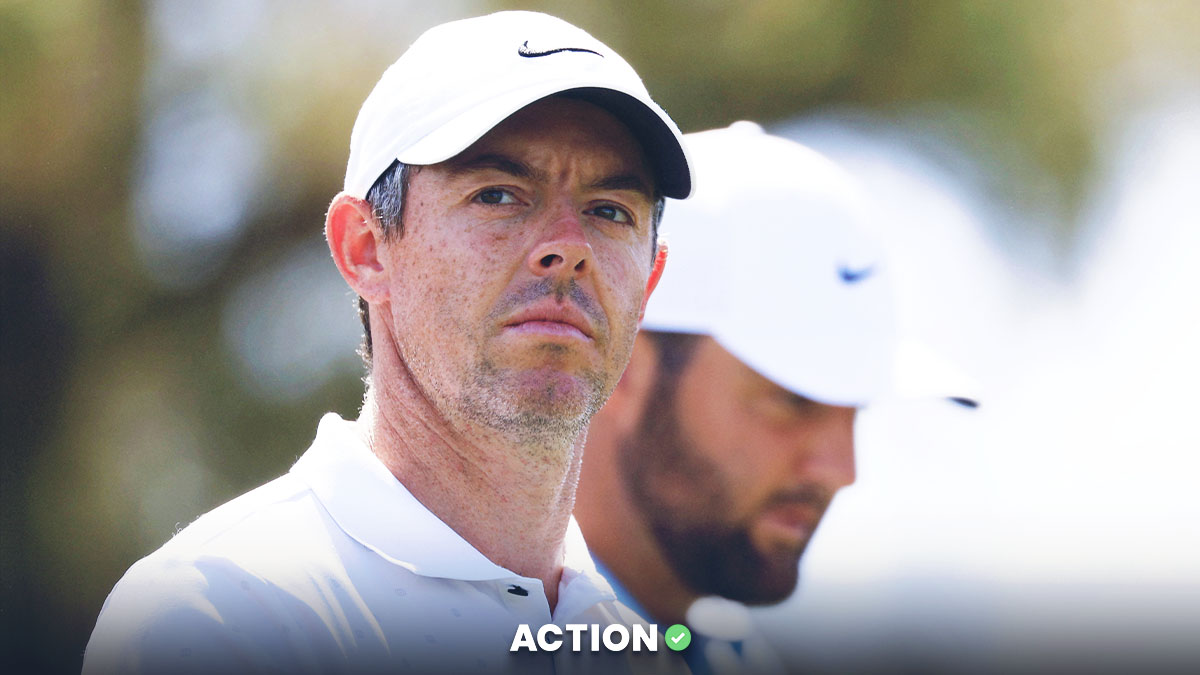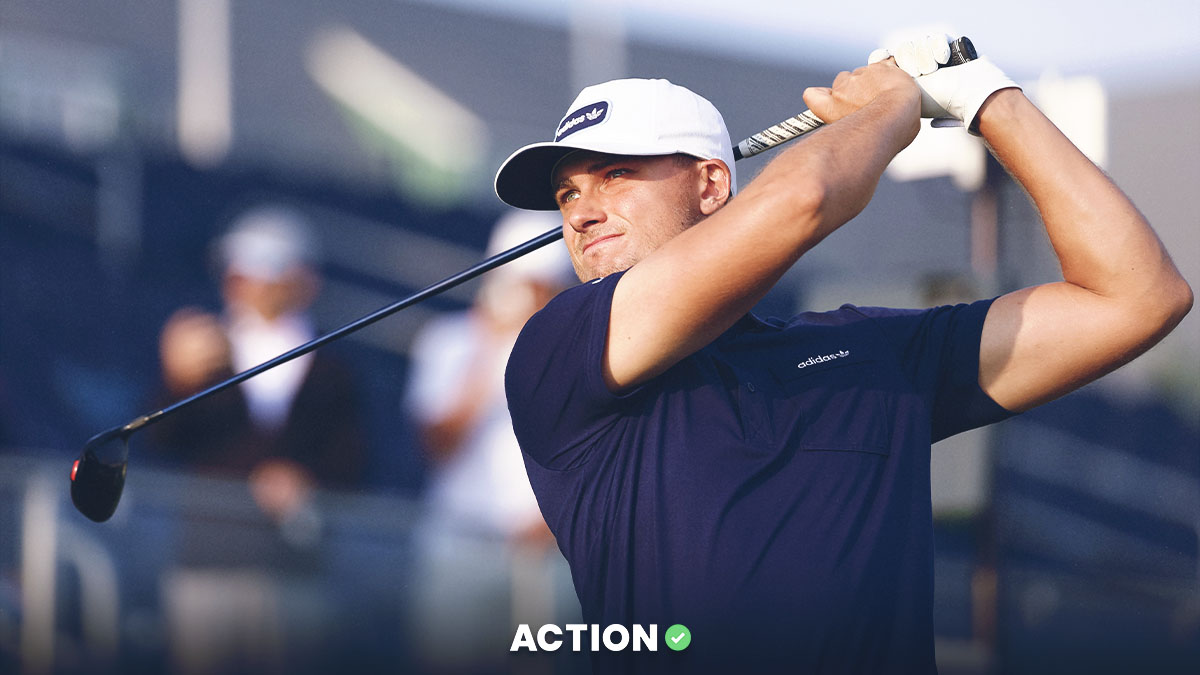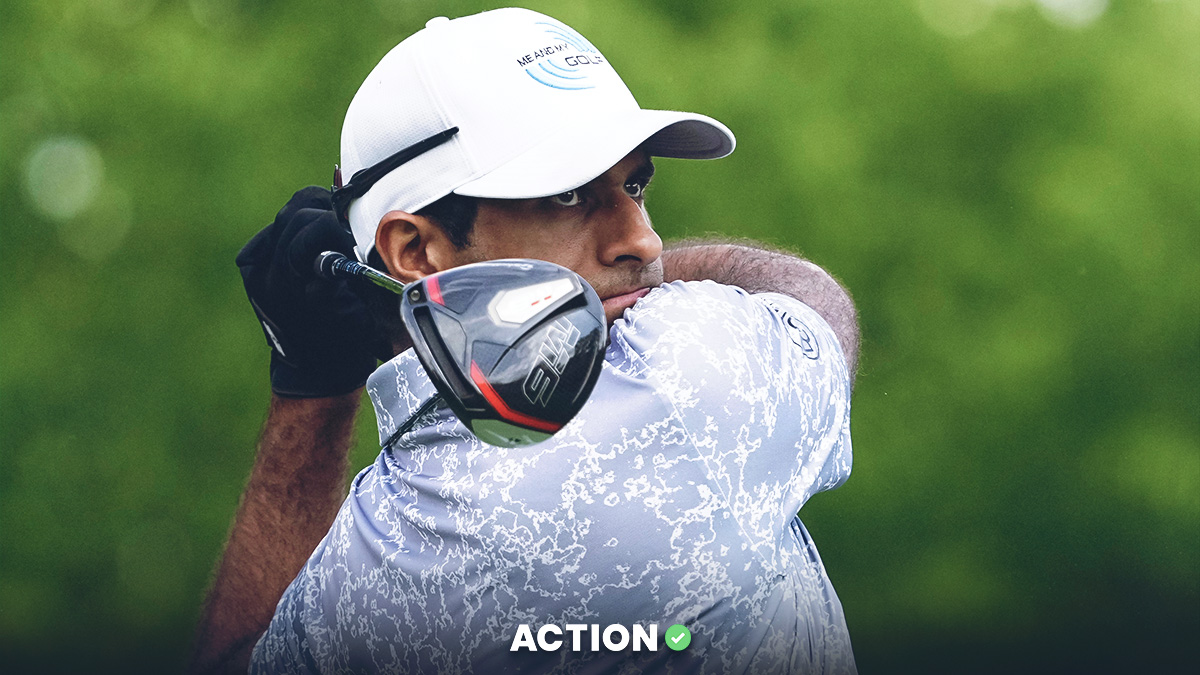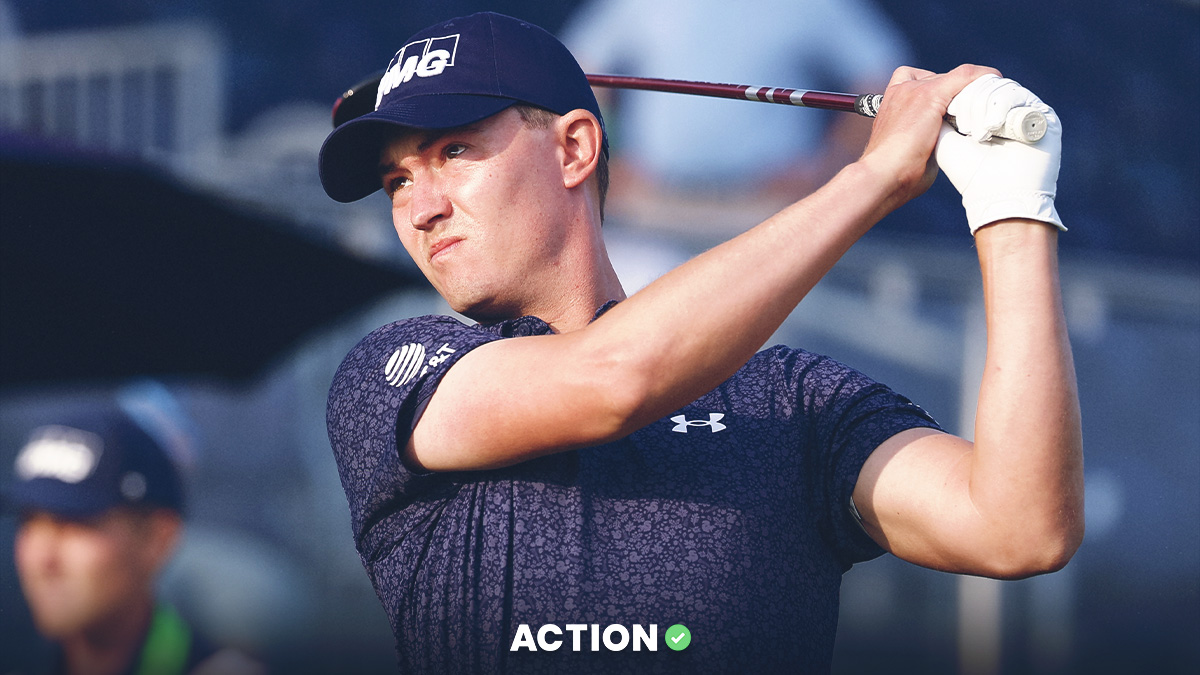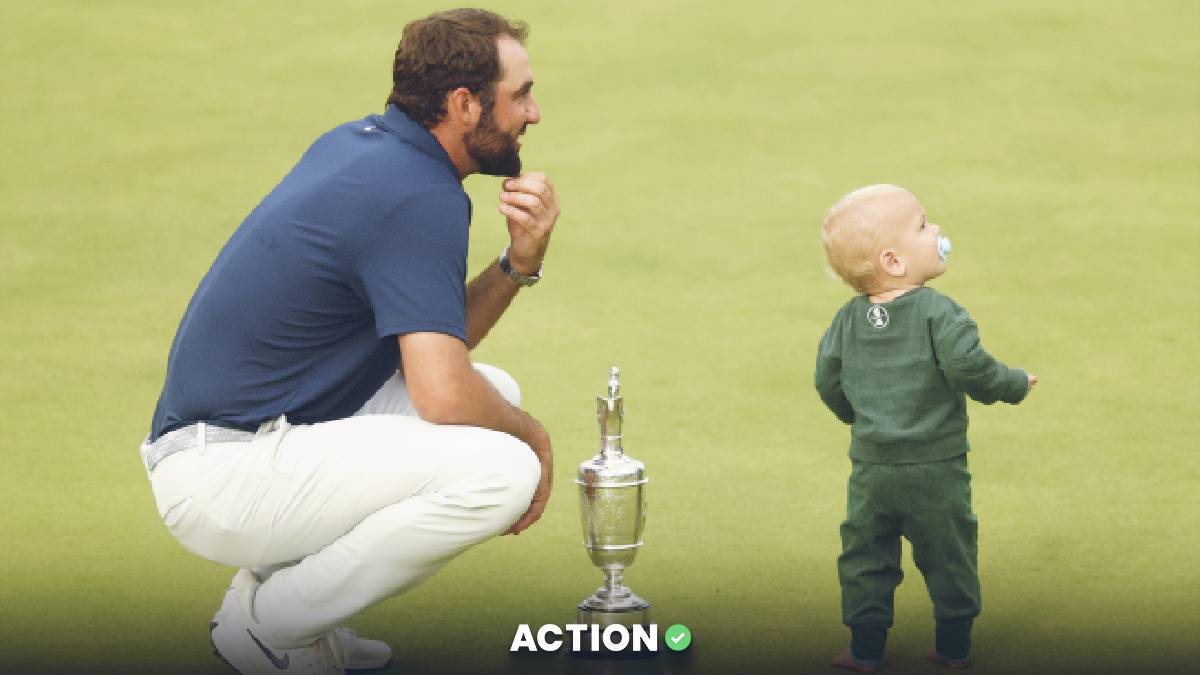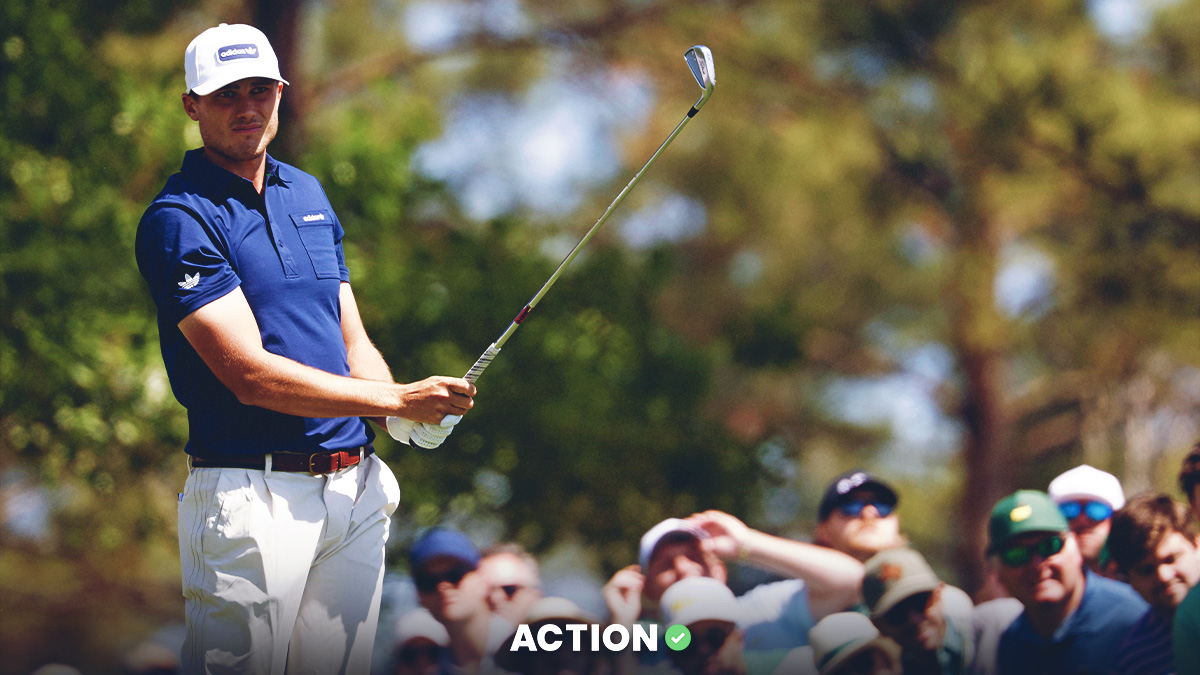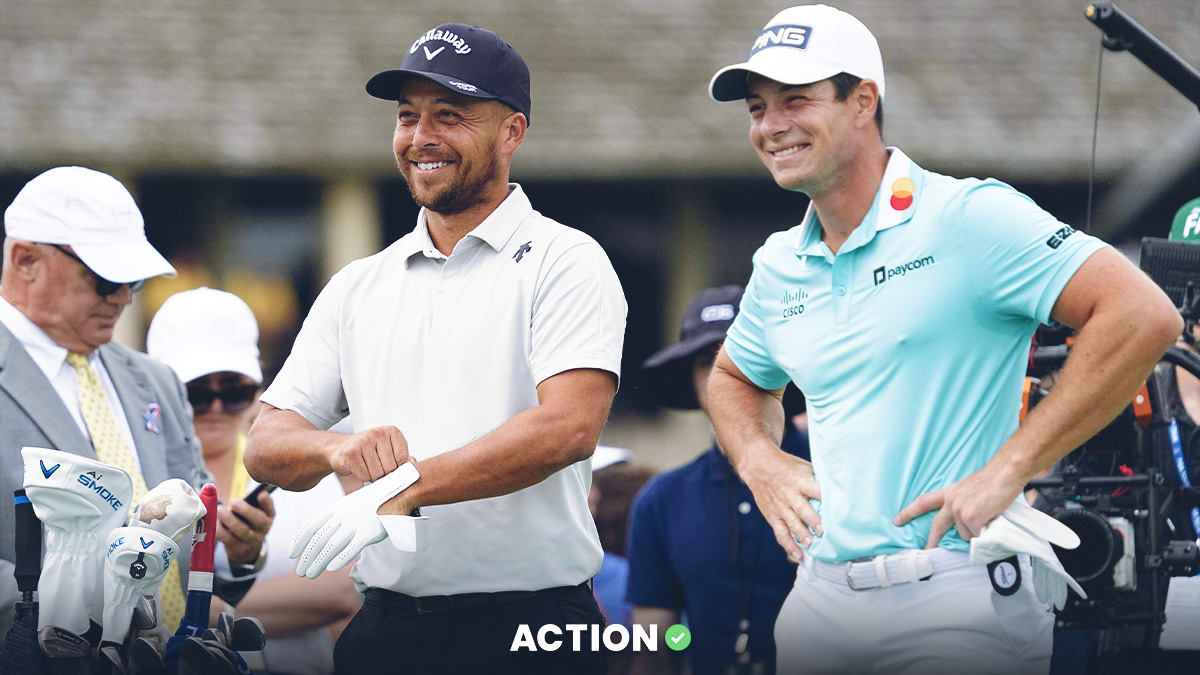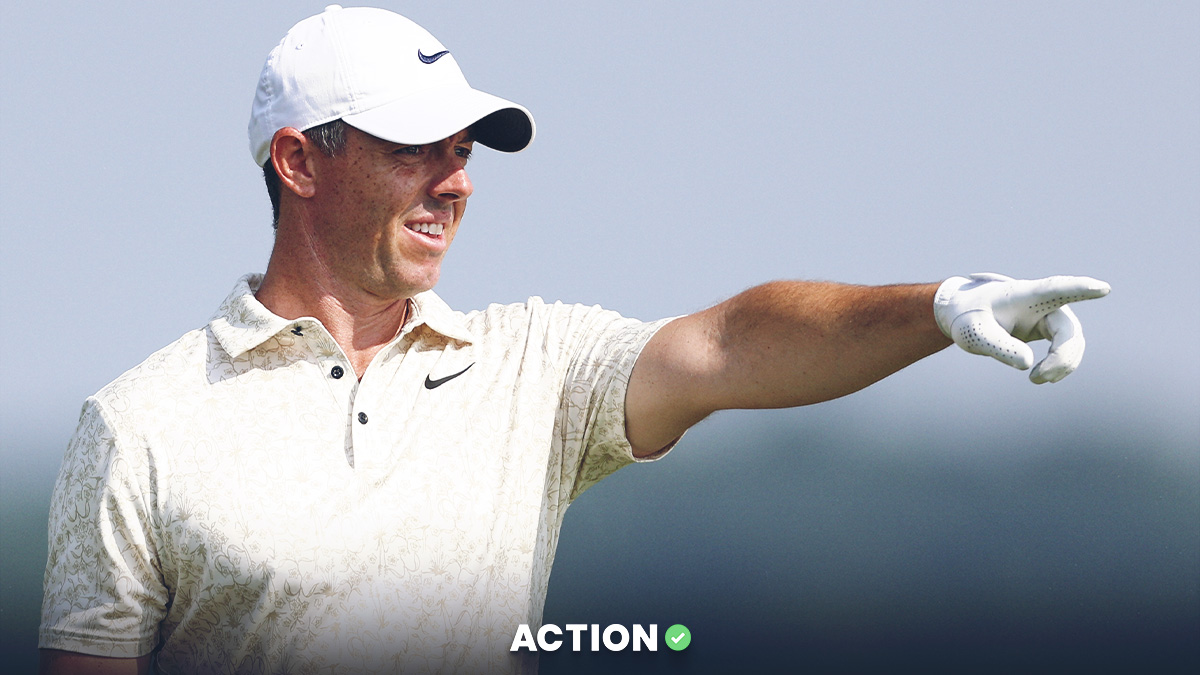Fresh off a shorter course that favors ball-strikers and second shots in Colonial, we have a very similar set-up this week at Harbour Town for the RBC Heritage.
Harbour Town is par-71 Pete Dye course that plays right around 7,100 yards, so it's definitely on the shorter side of PGA tracks. It's one of the more beautiful courses to watch, as it's right on the beach in Hilton Head, South Carolina. Given its location near the ocean, wind can be a factor.
RBC HERITAGE PROMO! Win $100 if Rory McIlroy makes just ONE birdie all week
Last week, I recommended not using any recent metrics, as 1) there really weren't any true ones given the long layoff and 2) I didn't think January/February data was that predictive of success upon the restart. Those results should be included in long-term numbers, for sure, but I wouldn't weight them any more than any other result over the past year or so.
Of course, we now have some recent data from last week's Colonial event. Thus, I'm including it in my usual graph below, but I would remain hesitant for a couple reasons. Personally, I won't be using it at all in my model.
One obvious reason is that all recent metrics aren't equal this week: Webb Simpson playing last week is different than another golfer last playing in January. But perhaps more importantly, I'm looking at which data predicts success at Harbour Town — and it falls in a very different spot in the calendar this year due to the pandemic.
Last year, the RBC Heritage was played in April the week following the Masters. Prior to that was the WGC-Dell Technologies Match Play, the Valspar Championship and the Players Championship. Using recent metrics from those events is very different than using it solely from Colonial.
I would definitely look at form from last week given Harbour Town is very similar to Colonial, plus it probably gives us a glimpse at which golfers are struggling following the layoff, but I wouldn't apply those metrics broadly to all golfers. Use it on a case-by-case basis.
On that note, let's get into the metrics for this week.
The Most Predictive Stats at Harbour Town
Using FantasyLabs data, we can look at how golfers in the 90th-plus percentile for each stat entering Colonial have historically performed. It measures their performance against a salary-based expectation. And while that might seem like a weird way to go about it, note that DFS salaries in golf are highly correlated with odds to win.
That means we can lean on DFS data and the baseline it provides to measure stats.
Recent driving accuracy has been the most predictive stat for success at Harbour Town over the last six years, but again I won't be using recent metrics. Next on the list is course birdies, which highlights that course history will be important this week. That's a positive sign since recent metrics are so noisy; we can lean on long-term data points plus course fit and history.
Like Colonial, Harbour Town seems to place a premium on guys with good short games. Ball-strikers will definitely do well at this links-style course, and I'll be especially favoring the most consistent golfers, especially with their approach shots and irons. Long-term bogey avoidance was one of the most important stats going back the last six years.
Notably, outright and top-10 odds were not that predictive of success; I'll be curious to see if that changes this year with a deeper field than usual. This has been a more random tournament, although that could be due to its location on the schedule next to Augusta. The last four winners at Harbour Town have all been first-timers.
And as expected, driving distance and par-5 scoring — the metrics that highlight the bombers of the field — were not predictive of success on average. That definitely shows up in the players with the best course history like Matt Kuchar, Branden Grace, Emiliano Grillo and Ian Poulter; those are all great ball-strikers rather than golfers who gain a ton off the tee.
Overall, I would treat Harbour Town similar to Colonial: Look toward golfers who are course managers — those who don't make as many mistakes and avoid bogey golf. Take ball-strikers, focus on second shots rather than first ones and when in doubt favor golfers with superior short games.


